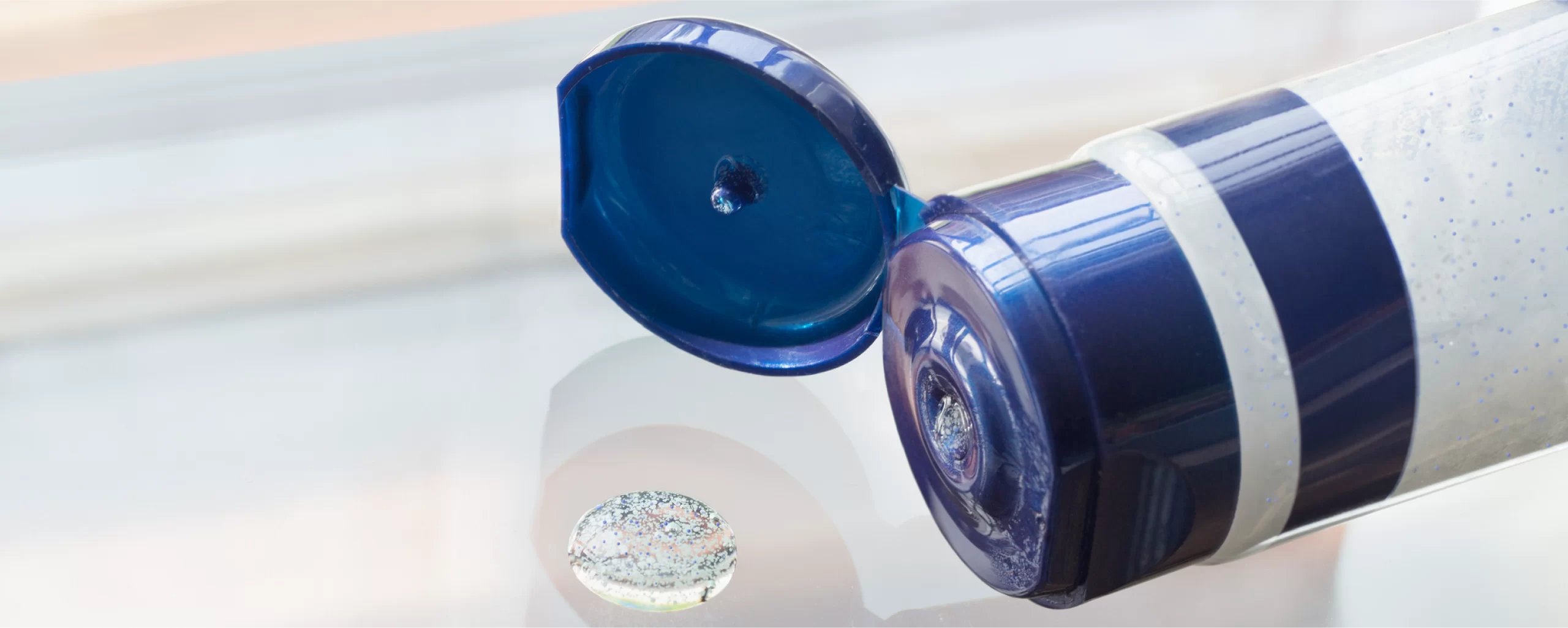Rise of Biodegradable Microbeads: A Sustainable Solution
The demand for microbead-free cosmetics is growing due to the harm they cause to the environment and people, as well as tightening regulations and bans in several countries. Biodegradable microbeads are increasingly being developed as eco-friendly alternatives to traditional plastic microbeads used in cosmetics products.
Microbeads are found in a variety of cosmetic products, including:
- Facial cleansers and scrubs
- Exfoliating creams and lotions
Market dynamics
The market for biodegradable microbeads is projected to expand as companies innovate and adapt to new regulations. The global market is anticipated to see increased investment in research and development focused on creating effective biodegradable options to replace microbeads in the cosmetics industry. The market is estimated to grow at a CAGR of 9.59 % and reach USD 6.42 billion by 2030.
Researchers at the Massachusetts Institute of Technology (MIT), US, have developed a biodegradable material designed to replace microplastics commonly found in beauty products.
The researchers present a novel degradable microparticle (MP) platform based on poly(β-amino ester) (PAE), offering an eco-friendly solution to replace non-degradable polyethylene microbeads. The PAE can degrade into sugar and amino acid derivatives.
Key Challenges
- Durability & Functionality: Renewable, biodegradable materials like cellulose face challenges in processing and achieving desired mechanical properties for cosmetics.
- Performance in Formulations: Biodegradable alternatives must maintain stability, texture, and efficacy but may underperform compared to plastic microbeads, impacting product effectiveness.
- Production & Scalability: Scaling up manufacturing processes for biodegradable materials is complex and resource-intensive.
- Safety & Compliance: New materials require rigorous safety testing and regulatory approval, which can be time-consuming and costly, delaying market entry.
- Cost of Raw Materials: High or fluctuating prices of bio-based feedstocks make biodegradable alternatives less competitive with cheaper plastics.
- AVEKA specializes in creating eco-friendly alternatives to plastic microbeads. It focuses on reformulating cosmetic products to include biodegradable materials, such as crystalline sugar.
- Lush- The company is committed to sustainability and offers a range of products free from microplastics, using natural ingredients instead.
- The Body Shop – It has actively phased out microbeads from its products and focuses on natural exfoliants like crushed seeds and nuts.
- Neutrogena – It has committed to removing microbeads from its formulations and now offers products with natural exfoliating agents.
- Burt’s Bees- It emphasizes natural ingredients and offers a variety of personal care products that do not contain microplastics.
- Aveda- It uses plant-based ingredients in its products and has eliminated microbeads, opting for natural exfoliants instead.
Let's Take the Conversation Forward
Reach out to Stellarix experts for tailored solutions to streamline your operations and achieve
measurable business excellence.


